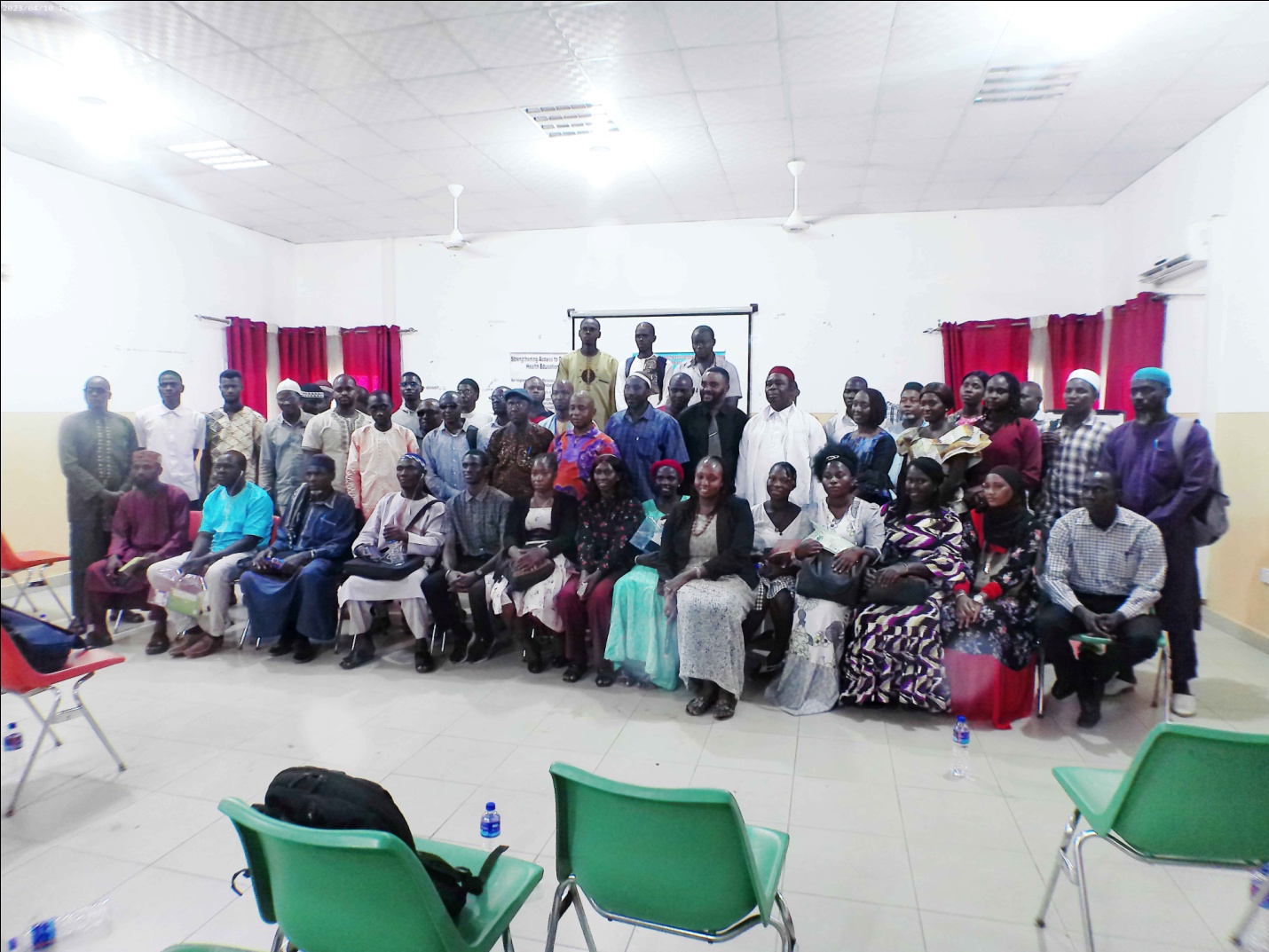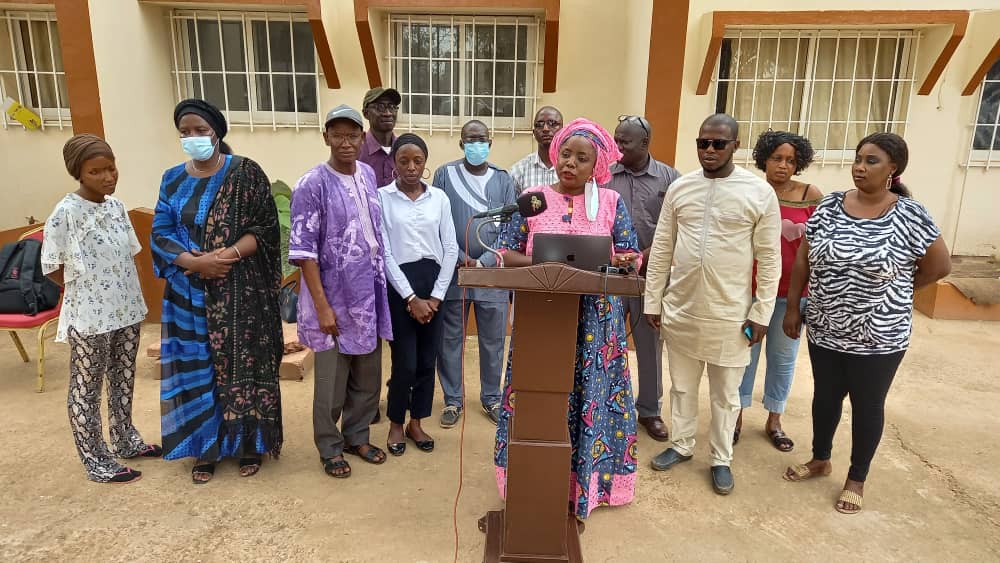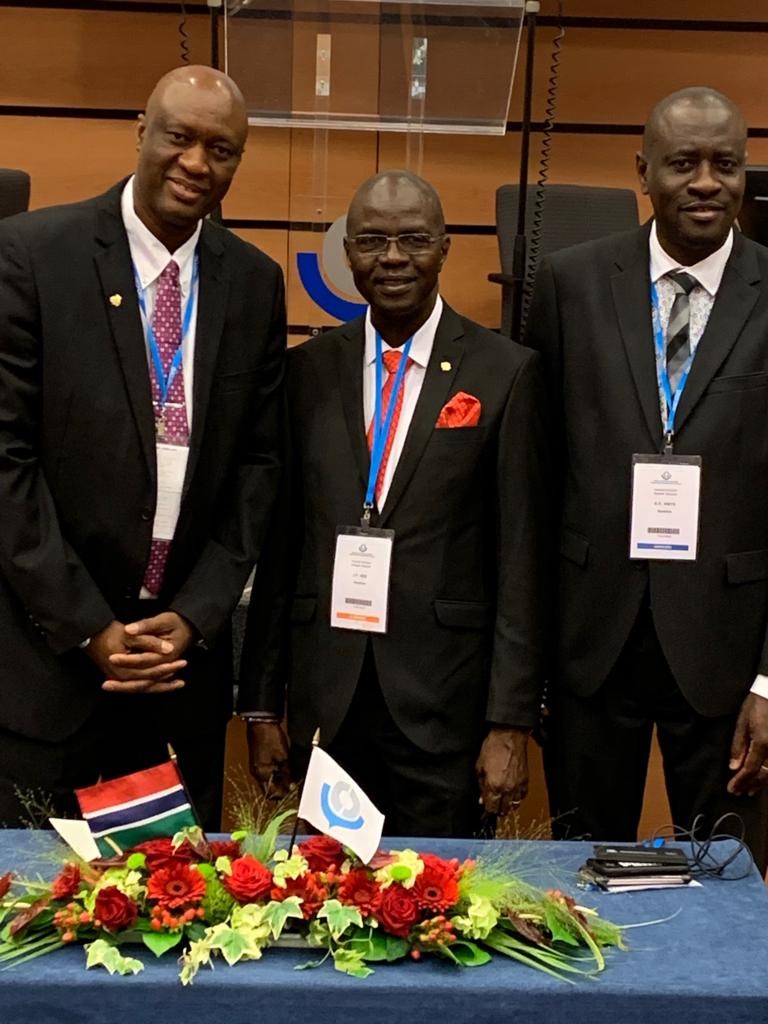By Yunus S Saliu
Taking into consideration the great importance of religion teachers in the dissemination of information to the people in society in particular the adolescents, the Curriculum Research Evaluation and Development Directorate (CREDD) under the Ministry of Basic and Senior Education with the CHE team, on Wednesday held its final dissemination of Comprehensive Health Education (CHE) Midline Research Findings report with Islamic and Christian Religion Teachers of 43 schools across the Region 1.
This recent dissemination of CHE Midline Research Findings marked the end of the forum which started on July 24 2023 whereby different stakeholders included MOBSE, MOH, MOG/Dept of Social Welfare, UNESCO, UNFPA, CSOs/NGOs, Youth Associations, Communities elders, School Principals, Gambia College, Health Workers, Media (health and education journalists), Students of the University of The Gambia, and others.
In her opening remarks, Ma’am Phebian Ina Grant Sagnia, the Principal Investigator for the Comprehensive Health Education project gave a synopsis of the CHE project and the CHE Midline Research Findings report.
She explained that the CHE Midline Research Findings were conducted in over forty schools which included upper and senior secondary as well in over twenty communities/wards across Region 1.
She went on that inviting the school’s religious teachers differently is not a coincidence but by recommendations from several stakeholders taking into consideration the impact their influence can make in the life of the adolescents “because the children trust you more than their parents and other teachers from of various schools.”
Also, Ma’am Grant-Sagnia applauded them for turning out in large numbers to participate in the forum while informing them that the CHE project is funded by the International Development Research Center (IDRC) Canada.
Speaking on behalf of Mr. Momodou Jeng, Director of the Curriculum Research Evaluation and Development Directorate (CREDD) Awa Saidykhan, a staff of the CREDD expressed delight in seeing different religious education teachers at the forum.
Ma’am Saidykhan noted that CHE is not a new subject to the curriculum saying it was integrated into the curriculum and called Population and Family Life Education (POP/FLE) and later changed to Sexual Comprehensive Education and “because of the word sexuality many of the religion education teachers are shying away from teaching the subject.”
She continued that the teachers are shying away from teaching it because there is a taboo attached to the word sexuality as many misconstrue it as a sexual act.
But with the coming of Comprehensive Health Education, “The Principal Investigator through the CHE project has refined it so that it becomes a household name and subject that students are interested in,” she explained.
She added that the school curriculum is overloaded but Comprehensive Health Education is integrated into some different subject areas in school because “CHE is not only for the students’ academy but for the well-being of students.”
However, the Principal Investigator for the CHE, Phebian Ina Grant-Sagnia, and Dr. Thomas Senghore made comprehensive presentations of the project and the CHE Midline Research Findings respectively and their presentations were followed with questions and answers.




